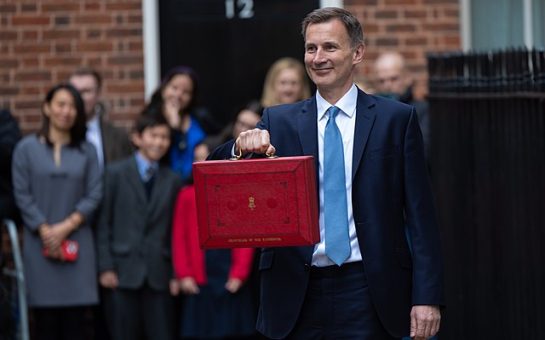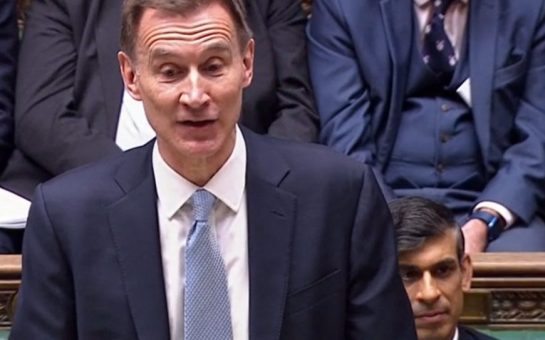Attending the scene of a crime is not compulsory for Greater Manchester Police, reveals an investigation by Her Majesty’s Inspectorate of the Constabulary.
HMIC’s Core Business report, which was published yesterday, looked into the way police forces up and down the country best prevent incidents, time manage and document crime rates and trends.
And it exposed a range of shocking shortcomings in the GMP.
They are not just one of the only forces without a strict policy on attending all crimes and incidents, but this deficiency also means they are unable to properly keep track of trends or frequency of criminal activity.
Following these damning discoveries HMIC sent a candid letter to GMP Chief Constable Sir Peter Fahy, highlighting how failure to implement an attendance policy has directly promoted a lack of knowledge throughout the force.
It read: “During the inspection, HMIC reviewed a number of crime investigations, including reports of crimes that were not attended.
“In certain cases, for crimes such as burglary dwellings, there was clear evidence of investigation and supervision. However, for other offences, such as theft from a motor vehicle, many of which were not attended, some cases were found to have little evidence of meaningful investigation or supervision.”
GMP were found to respond to 100% of burglaries, but only 34% of all reported car theft.
The letter continued: “The inspection found that the force does not have a thorough understanding of how staff are spending their time when away from the police station. Although some basic management information is available, staff are unclear about what is expected of them.”
HMIC also expressed their concern about the fact the call handling sector of the GMP is clearly under-staffed.
They said: “it may adversely affect call handler’s time available to identify risk and vulnerability issues.”
Sir Fahy responded to these allegations of inadequacy and finger pointing, explaining that a lack of funding makes adopting new rules on police presence at all incidents and filling unwanted vacancies impossible.
He added: “All of those who work in policing will be surprised that you can publish an article about the way that the police handle reports of crime without mentioning the biggest issue in policing the ongoing reductions in funding.
“The Police Service has already been reduced by over 30,000 staff and as the Home Secretary made clear only this week these cuts will continue into the future.
“Faced with this, police forces have to constantly review every part of their operation to see where efficiencies can be gained but this inevitably involves hard decisions.”
Sir Fahy also explained that due to the limited budget, police forces across the country may need to have a shift in their mind set when it comes to dealing with criminal activity.
He thinks there should be a return to the original ethos of policing – the public and police working together.
“The principles of UK policing as laid down by its founder Sir Robert Peel has always been this concept of cooperation between police and public and history and experience shows it produces far better outcomes,” he said.
The Chief Constable went on to state that as it stands, police forces cannot be held accountable for focusing more on certain crimes.
According to him, without the added help of volunteers, a higher budget, or the handling of some incidents purely over the phone, there will soon be another shift in police focus nationwide and even property crime will not get the attention it warrants.
“Recent reports on child sexual exploitation and domestic violence have shown that the police need to give far greater priority and effort to protecting vulnerable people.
“Given declining budgets this will have to involve a shift from the priority given to some aspects of property crime often the legacy of previous performance target regimes but now thankfully abandoned by the Home Secretary and most police and crime commissioners.”
Image courtesy of Greater Manchester Police, via Flickr, with thanks



